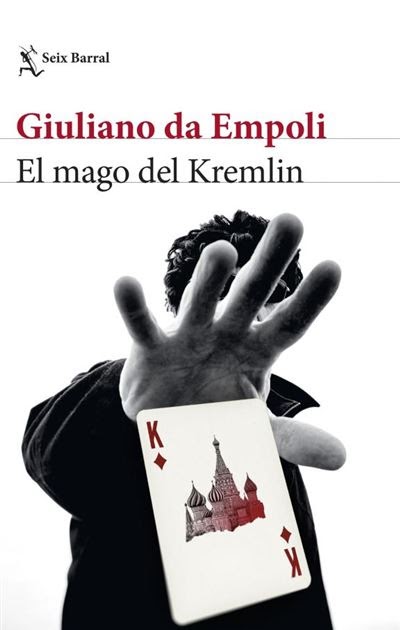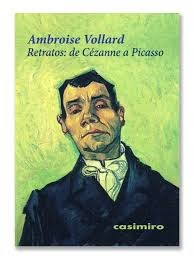
Original language: French.
Original title: The Kremlin Mage
Translation: Adolfo García Ortega
Year of publication: 2023
Valuation: recommendable
Let’s see: publishing a novel about Vladimir Putin in 2023 is not, let’s say it clearly, the height of audacity and innovation, not to mention that it could be considered a flagrant case of opportunism. This novel was awarded the Honoré de Balzac (I don’t have the taste) and its author happens to be a first-hand expert on certain ins and outs of contemporary international politics. Which gives it a certain advantage, apart from the obvious implicit literary license implied by the absolute mystery surrounding the person of Vladimir Putin, who, for almost two years, has been seen as one of the irreconcilable enemies of the West, worse, as one of the greatest single threats to (capital letters prevail) Peace on Earth
Vadim Baranov, the novel’s interposed protagonist, has been his advisor. A journalist has come to visit him and the narrative covers, as if the beginning and end of the interview were a prologue and epilogue, the story of his rise to the top and relative relegation within the Russian leader’s entourage. That’s what it’s all about, speculating, what other remedy seems to be left, with the figure of the heavyweights in their sphere of influence, especially those who accumulated fortune and power only to lose it suddenly and sometimes tragically. I don’t know to what extent what Da Empoli writes is speculation or if, through the substantial trail of real names and facts, we have to imagine that this figure, that of a low-profile intellectual who constitutes an influence in the shadows, is not in itself a replica of reality or rather a risky bet on how it could, or could, be. Yes, I would say, from a difficult position of objectivity, that the story is accommodating with all the prejudices from which the Western world observes Putin: his past as a gray and cold official, with an implacable vision of which parts of the Soviet past must be preserve, his present as, pardon the redundancy, implacable leader impervious to any shadow of influence that may no longer discuss but rather attenuate a power that the book always shows the same: firm, despotic, undaunted. Which does not detract from the narrative merit: the first two hundred pages are devoured as the parade of celebrities, which include characters as diverse as Edward Limonov or the Khodorkovskys, headless magnates of Yukos, settings now as reviled as London turned into paradise of the enormous fortunes of those who knew how to convert after the fall of the wall. All of this, I think, is perhaps too accommodating and adequate to the central idea: Putin is a tyrant who is willing to do anything to keep his country, at least, in the longed-for status of power of the Cold War.
When Da Empoli insists on selling that square image, when it is so convenient for him to preserve the fascination with the unknown (not in vain is Gorbachev or Lenin mentioned, but Stalin and Yeltsin) the narrative, without losing literary quality, falls too far. in the stereotype. We could say that the game of political fiction seeks too much for that explanation that fits so well with our poor understanding of such a distant society. Putin is the devil, he has horns, he is cruel and despotic and his sting is ready to stick into the back of the prey, which today is the planet. A definition that gives me that it would have more readings than the somewhat univocal one that this novel shows.
Source: https://unlibroaldia.blogspot.com/2024/01/giulani-da-empoli-el-mago-del-kremlin.html


